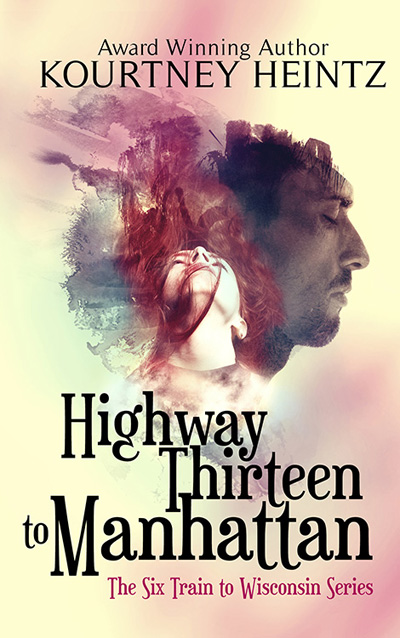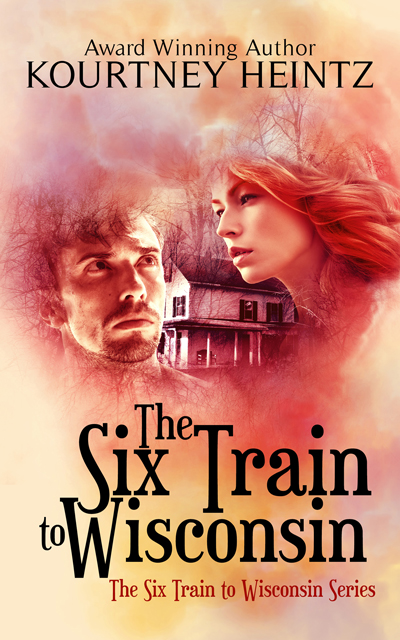This is G’s adorable dog, Burger, in his halloween costume–a hot dog suit.
It’s important to make sure your novel does not do this. Don’t make your readers think they are getting a hot dog, when it’s really a burger in a hot dog suit.
And now, onto what I learned from the Two Page Critiques at the Backspace Agent-Author seminar:
- You’re first two pages have to do so much to keep the reader reading
- If they begin slow, you may be telling the moment before the story actually begins–consider starting with where the story actually starts
- Be concise and tighten your writing. Don’t ramble or say the same thing two or three different ways
- Give a sense of whether the book is humorous or serious
- Make sure the title fits the book
- Make sure reader understands what is at risk (the stakes)
- Opening with dialogue is tricky because it pulls reader right into the action. It is better to take a few beats and let the reader know the protagonist and what is at stake. Then the dialogue will have meaning to the reader
- Mind your metaphors. If every sentence is a cryptic metaphor you have beautiful prose but nothing to ground the reader in the plot
- Make sure to set the scene–protagonist, location/setting, situation/stakes
- Mind your repetition. Readers don’t appreciate being walloped over and over again with the same thing said 4 different ways
- Give a clear sense of characters
- If you write genre fiction, make sure you are well read in that genre and understand the rubric of it
- Make sure your voice comes through
- Keep the backstory and tangents to a minimum. Get the reader to invest in the character and they will want to learn more. Inundate them in first two pages and there is nothing left to learn. Save your reveals for where they get the best payoff
- Pacing should move book and reader forward
- Flow draws reader in and orientates reader
- Believability is important in setting up the premise of your story and character motivations
- Don’t get bogged down in setting, especially if you love writing setting
- Make characters come to life
- Don’t write a laundry list of what the character did that day
- Character must be doing something–action or tension must be in these pages
- Don’t show and tell. It’s redundant. Generally, showing is more powerful so cut the telling
- Be careful with passive voice (is/was/has)
- Make sure the setting anchors the reader in terms of time and place
- Most important characters in book should be in first two pages, lesser characters shouldn’t occupy much space here
- Tag dialogue so reader knows who is speaking, especially if multiple speakers
- Stay in one tense (don’t switch from past to present tense within a scene)
- When framing a story, make sure the reader is properly oriented
- Paragraphing creates white space and is necessary to readers
- Stay in main character POV in scene
- Multiple POV in one scene is very hard to pull off. Unless you are a master of the craft
- Set up coming conflict
- Orientate us to characters age and looks
- Set up type of story. Is it a mystery or a romance or a paranormal? Put some sort of clue in beginning
- Agents sometimes want to re-write premise/concept. It’s important to listen to what they want to change because that is what isn’t working for them. It’s up to you to decide if their changes are necessary or if you can find a way to work out their concern within the story you wrote.









Pingback: Long Overdue Blog Awards Post « Kourtney Heintz's Journal